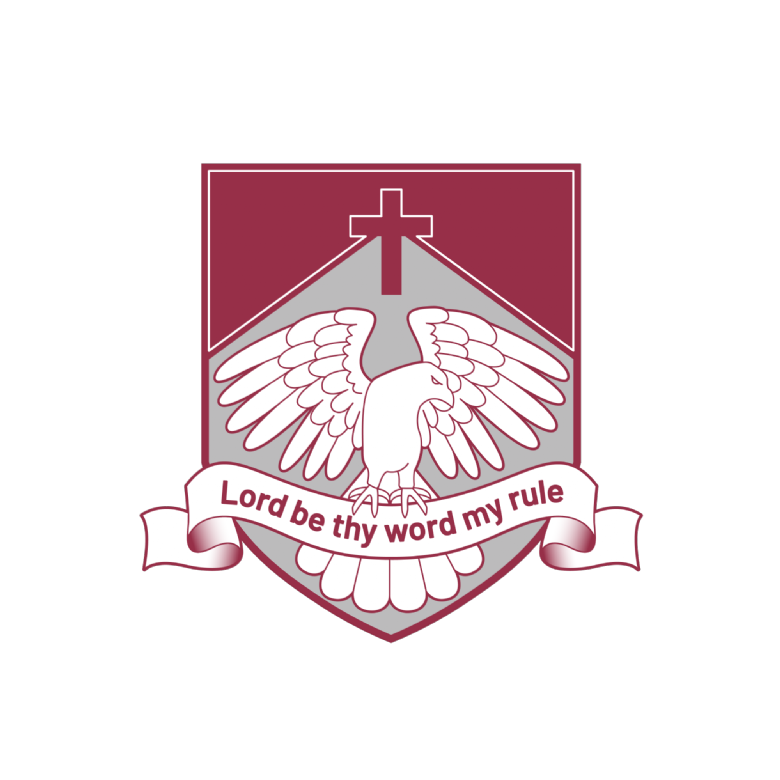Foreign Language
Subject Lead: Mrs D James
Vision:
At St. John the Evangelist Catholic Academy, we teach a foreign language (French) to all KS2 children as part of the normal school curriculum. We believe that many children enjoy learning to speak another language and that it will deepen their understanding of the world. Furthermore, the early acquisition of a foreign language facilitates the learning of other foreign languages later in life. We wish to prepare our children to integrate into a multi-cultural world.
Aims and objectives:
Our aims are based on the following core values and ethos in our mission statement and motto, which are: “Learning and Growing Together in Christ” and “Lord be Thy word my rule”
We therefore aim to ensure that our pupils will have:
- The ability to communicate using French phrases and sentences;
- Accurate pronunciation and intonation;
- An ability to read French sentences and phrases;
- The confidence to communicate using written French;
- A broadening French vocabulary and the strategies to decode new words;
- A knowledge base that can be built upon in secondary education and later life.
Teaching and Learning
We aim to deliver a foreign language lesson on a weekly basis. This is delivered through a high-quality teaching and learning timetabled lesson, encouraging a variety of multi-sensory approaches to actively engage all pupils; there is further embedding throughout the week across all areas of the curriculum (e.g. registration, lining up, P.E), to rehearse and consolidate language skills.
The Curriculum
We follow the guidance given in the New National Curriculum. We teach our children to:
- listen attentively to spoken language and show understanding by joining in and responding
- explore the patterns and sounds of language through songs and rhymes and link the spelling, sound and meaning of words
- engage in conversations; ask and answer questions; express opinions and respond to those of others; seek clarification and help
- speak in sentences, using familiar vocabulary, phrases and basic language structures
- develop accurate pronunciation and intonation so that others understand when they are reading aloud or using familiar words and phrases
- present ideas and information orally to a range of audiences
- read carefully and show understanding of words, phrases and simple writing
- appreciate stories, songs, poems and rhymes in the language
- broaden their vocabulary and develop their ability to understand new words that are introduced into familiar written material, including through using a dictionary
- write phrases from memory, and adapt these to create new sentences, to express ideas clearly
- describe people, places, things and actions orally and in writing
- understand basic grammar appropriate to the language being studied, including (where relevant): feminine, masculine and neuter forms and the conjugation of high-frequency verbs; key features and patterns of the language; how to apply these, for instance, to build sentences; and how these differ from or are similar to English.
